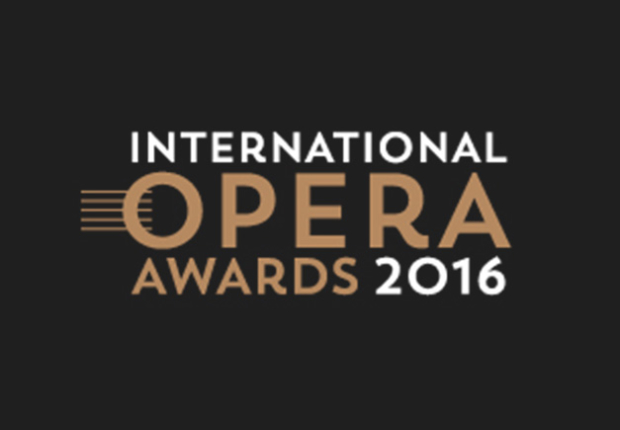The International Opera Awards – opera's big night

We are proud of our own annual WhatsOnStage Opera Poll and the ever-growing level of engagement it excites among UK audiences, but for something more global even we look to the International Opera Awards.
Running our own poll has brought home what a hunger there is in a business with so few other forms of recognition. The Olivier Awards carry two awards for London-based opera, the Royal Philharmonic Society Awards just one (awarded only last night to Glyndebourne‘s five-star Saul), and there is nothing else at all that keeps an eye beyond these shores.
Although only a recent addition to the awards season landscape, the International Opera Awards have earned credibility astonishingly quickly. It’s fair to say they’re already the world’s premier opera awards. The fourth annual ceremony will be held at London’s Savoy Theatre this coming Sunday, 15 May.
So what—or more precisely who–who are they? Awards producer Sarah Hyman explains.
"The idea came from my father, Harry Hyman, who runs educational publications at Nexus and is a huge opera fan. He was sitting in the opera one night and though ‘why are there no awards just for opera?’ He looked into it and found there isn’t an international set of opera awards.
"By chance he sat next to John Allison of Opera Magazine at a charity lunch and asked him to join in. That’s when I came in. In September 2012 I’d just come out of university and wanted to become a theatre producer. I was given a blank sheet of paper and names from a Royal Opera House programme and was told to ‘go find these people and tell them what we’re doing’. By April 2013 we were giving our first awards in front of an audience of 700 people at the Hilton on Park Lane, and it’s grown from there."
"Anyone can apply for a bursary"
The IOAs give three main reasons for their existence: 1: to raise the profile of opera, 2: to reward success, and 3: to raise money for the Opera Awards Foundation which dispenses bursaries to talented young singers. "To date we have given out 48. We raise the cash for it at our annual gala dinner through auctions and so on. Even if the Awards lose money, the foundation still gets it.
"Anyone can apply for a bursary—there’s no age limiit—and from any country. Anything up to £5000. But it has to be for a specific project. It could be a singer that needs £1000 for German coaching, or someone who needs help with college fees."
The worldwide coverage is achieved by compiling a long list voted for by the public, which the year’s panel of international judges then reduces to a shortlist, followed by secret voting.
What of the future? Is the format set in stone or will the IOAs expand still further? The latter, or so Sarah Hyman hopes. "We’re only in London because that’s where we’re based. I hope we can travel to other countries in future for our awards ceremony. But first we need a bigger footprint. Whenever John Allison puts together the judging panel we try to cover the whole world. This year we’ve got a judge from China.
"I won’t name names, but there’s a small British opera company that gets very angry with me because they don’t get nominated, even though we have an independent judging panel so it’s nothing to do with me! But it’s got us thinking about maybe doing a smaller British-only awards too at some stage."
The 2016 International Opera Awards ceremony, which is open to the public, takes place at the Savoy Theatre on Sunday 15 May at 6.30 pm. It is hosted this year by BBC Radio 3 presenter Petroc Trelawny and will feature live performances by, among others, mezzo-soprano Anna Bonitatibus and tenor Stuart Skelton.











